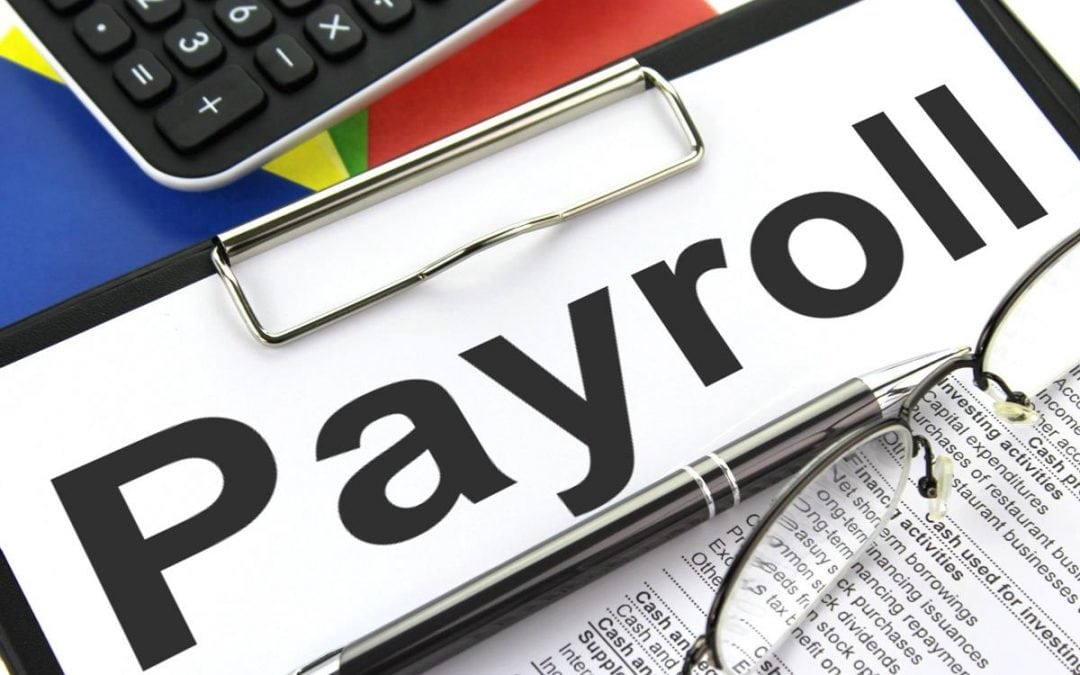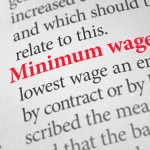So, we’re already into 2018-19 but there’s never a bad time to take a look at the facts and figures around a payroll year. So let’s run through the main topics…
Personal Allowance
This years personal allowance is £11,850.00, allowing employees to earn £987.50 per month or £227.88 per week before paying tax. This is based on them being given the standard tax code of 1185L. An alternative tax code can be issued by HMRC for a variety of reasons, but you will be informed of this both in writing, and via your coding notice downloads when running payroll.
Income Tax Rates
In the UK (but not Scotland) 20% basic rate tax is deducted on earning from £1.00 to £34,500.00. 40% higher rate tax is deducted on earnings from £34,501.00 to £150,000.00, and the additional rate of 45% is deducted on earnings over £150,000.00.
Scotland has it’s own set of rates and thresholds for tax.
Starter rate tax is at 19% and is paid on earnings from £1.00 to £2,000.00. The 20% basic rate of tax is deducted on earnings from £2001.00 to £12,150.00. 21% intermediate rate is applied to earnings from £12,151.00 to £31,580.00. Earnings between £31,581.00 and £150,000.00 are taxed at the 41% higher rate and finally the 16% top rate is applied to earnings over £150,001.00.
Scotland’s tax banding is more complex than the rest of the UK, but it is weighted in the favour of the lower earner.
Statutory Payments
To be entitled to statutory payments of any kind, the employee must now earn the LEL (lower Earnings Level) of £116.00 per week within the qualifying period set for that type of statutory payment. The rule around statutory payments can be found in more detail in the blogs on these topics.
Statutory Maternity Pay
The first six weeks of statutory maternity pay are set at 90% of the average weekly earnings, with the remaining 33 weeks at either 90% of the average weekly earnings, or at £145.18, whichever is the lower.
Statutory Adoption Pay
This is set at the same levels as Statutory Maternity Pay.
Statutory Paternity Pay
Two weeks of statutory paternity pay is set at either 90% of the average weekly earnings, or £145.18, whichever is the lower.
Shared Parental Pay
This is a maximum of 37 weeks with pay of either 90% of the average weekly earnings, or £145.80, whichever is the lower.
Employers can recover 92% of the above statutory payments. Small employers can reclaim 103%
Statutory Sick Pay
There is a maximum of 26 weeks at £92.05 per week. Statutory Sick Pay is no recoverable. Employers Allowance was introduced in April 2016, and SSP recovery was stopped.
National Insurance.
Employees pay 12% NI on an individual employees earnings between £8,424.00 per year (£702.00 per month or £162.00 per week) and £46,350.00 per year (£3,865.00 per month or £892.00 per week). This is calculated on each employee’s pay for each pay period. Director’s NI is calculated in a different way and there is a blog that explains the difference.
Employers pay 13.8% on the same threshold of £8,424.00 per year, breaking down to £702.00 per month or £162.00 per week.
This is based on the employees national insurance coding. The majority of employees are coded as A, which indicated that are not paying into a pension, or their pension is not “contracted-out”.
Code M is given to employees under 21. This makes no difference to the contribution the employee makes, however the employer makes no NI contribution until the employee is earning above £46,350.00 per year.
Anyone over retirement age should be given Code C. This allows them to earn without paying any employees NI contributions. Employers still pay NI contributions at the standard rate.
Student Loan Deductions
Student Loans are defined as either being Plan 1 or Plan 2. Plan 1 requires deductions to be made from earnings over £18,330.00 per year at a rate of 9%. Plan 2 requires deductions from earnings over £25,000.00 at 9%
Automatic Enrolment
The Auto Enrolment earnings trigger remains the same in 2018-19, at £10,000.00. The Lower Level of Qualifying Earnings has increased to £6,032.00 this year. 2018-19 requires employees to make a minimum contribution of 3% of earning over the lower qualifying earnings level, up to the Upper Level of Qualifying Earnings of £46,350.00. The employers minimum contribution is 2% within the same earnings band.
So there it is, 2018-19 at a glance. Whilst it might be a little complicated it’s something PayrollAbility can take care of for you. If you need any help on any of the above, please call 01384 92 90 20, we’re always happy to help. And don’t forget, with payroll starting at less than £19.00 per month, we can take care of all of the above, leaving you to run your business without distractions. Call and speak to Nadine in the office today.





